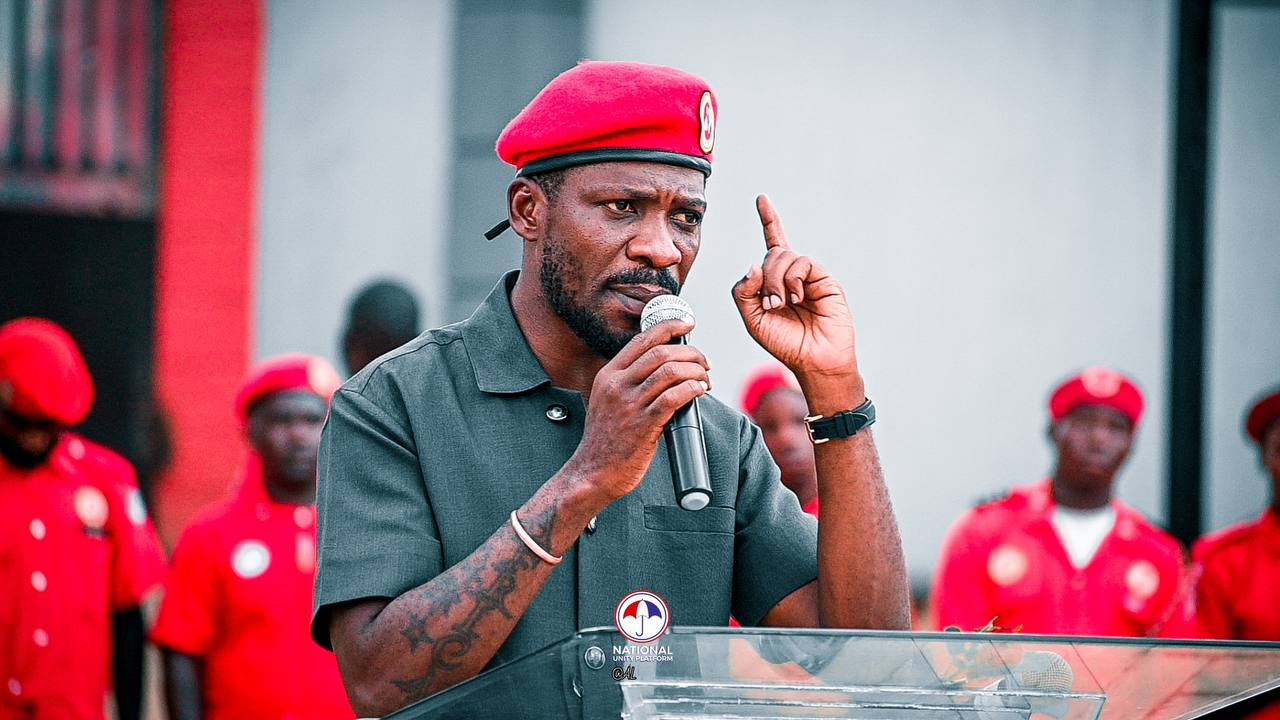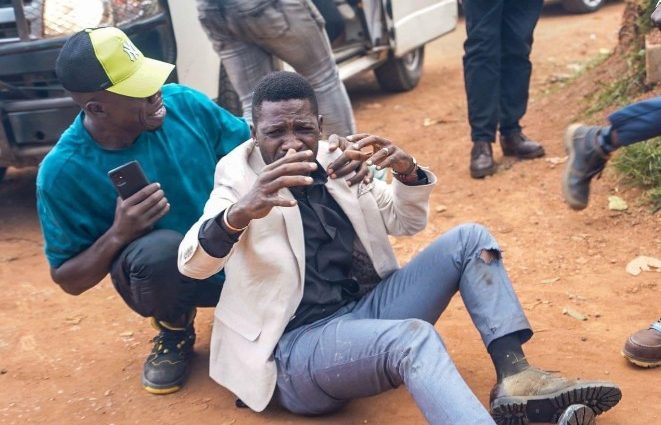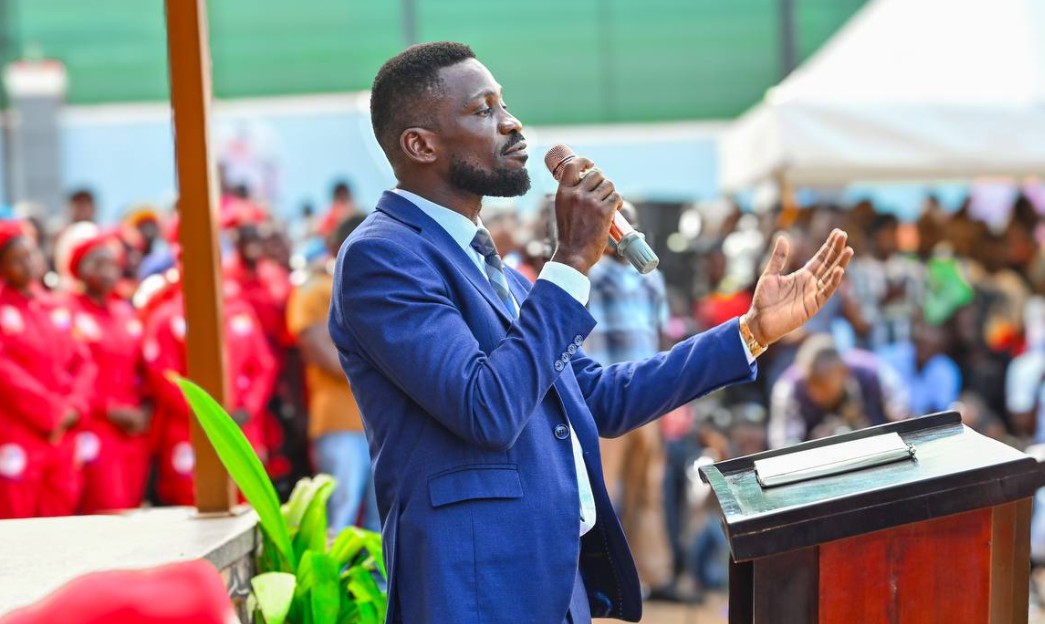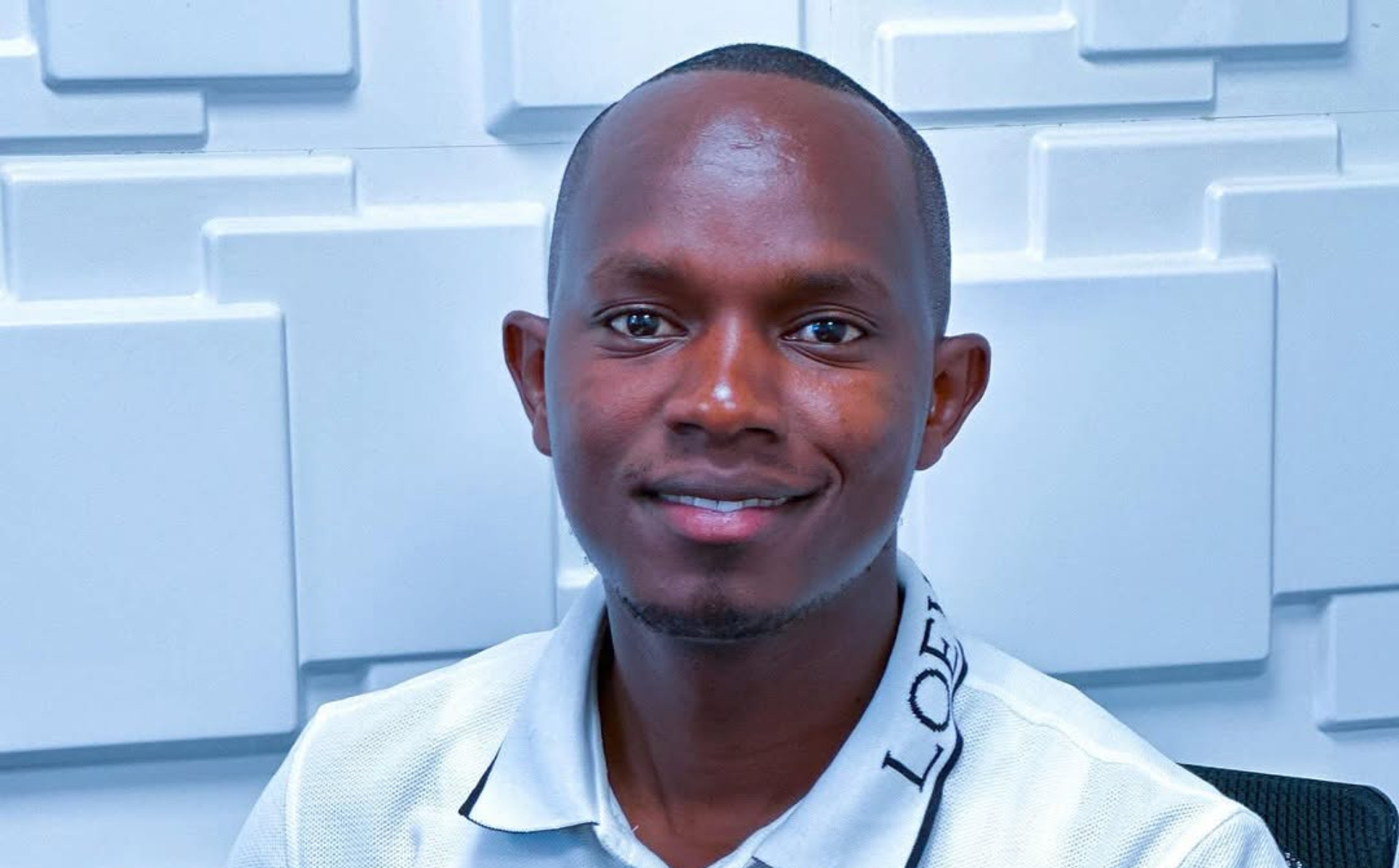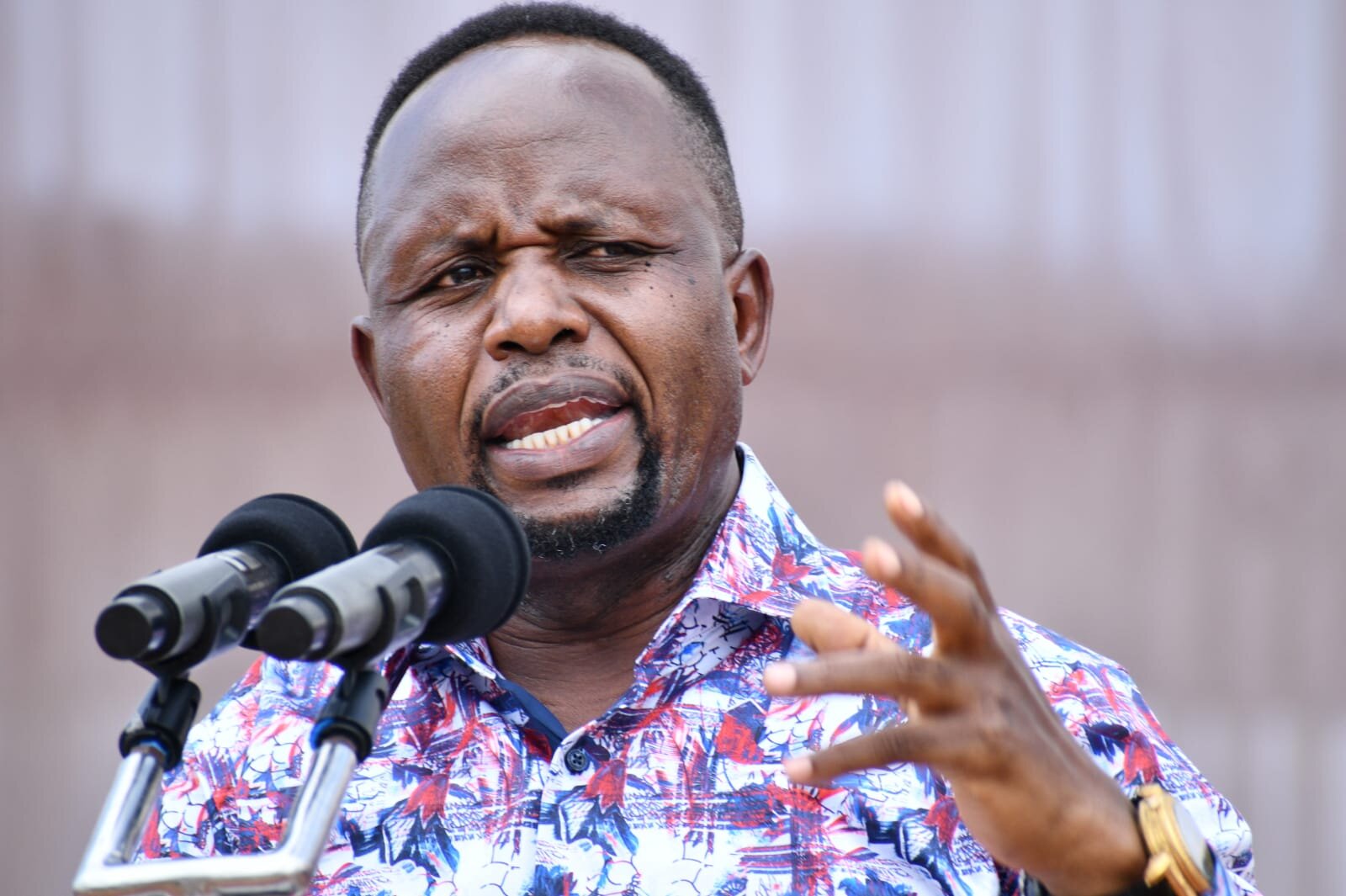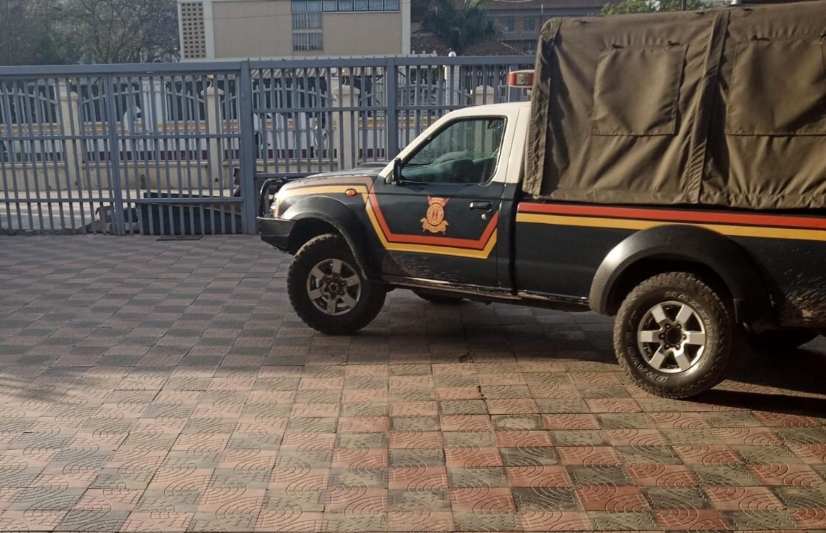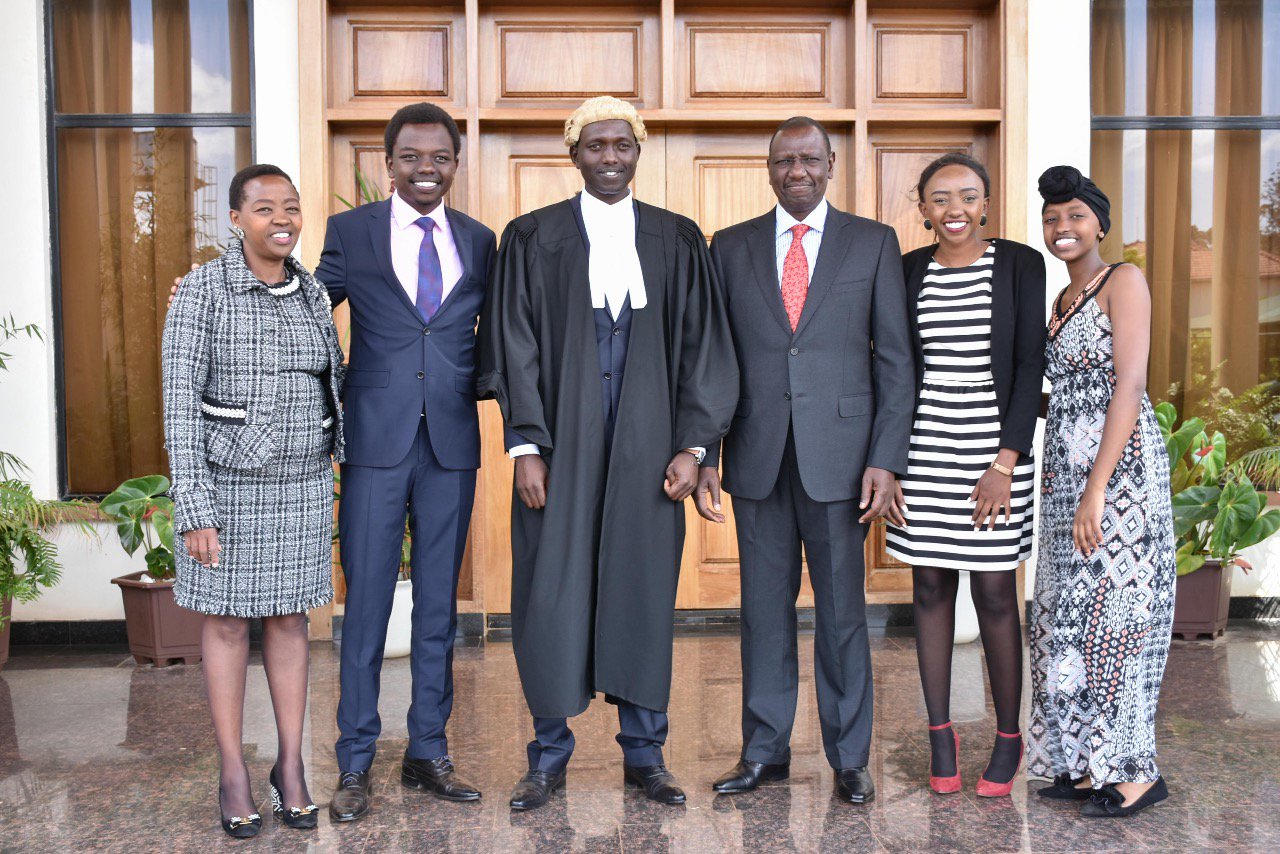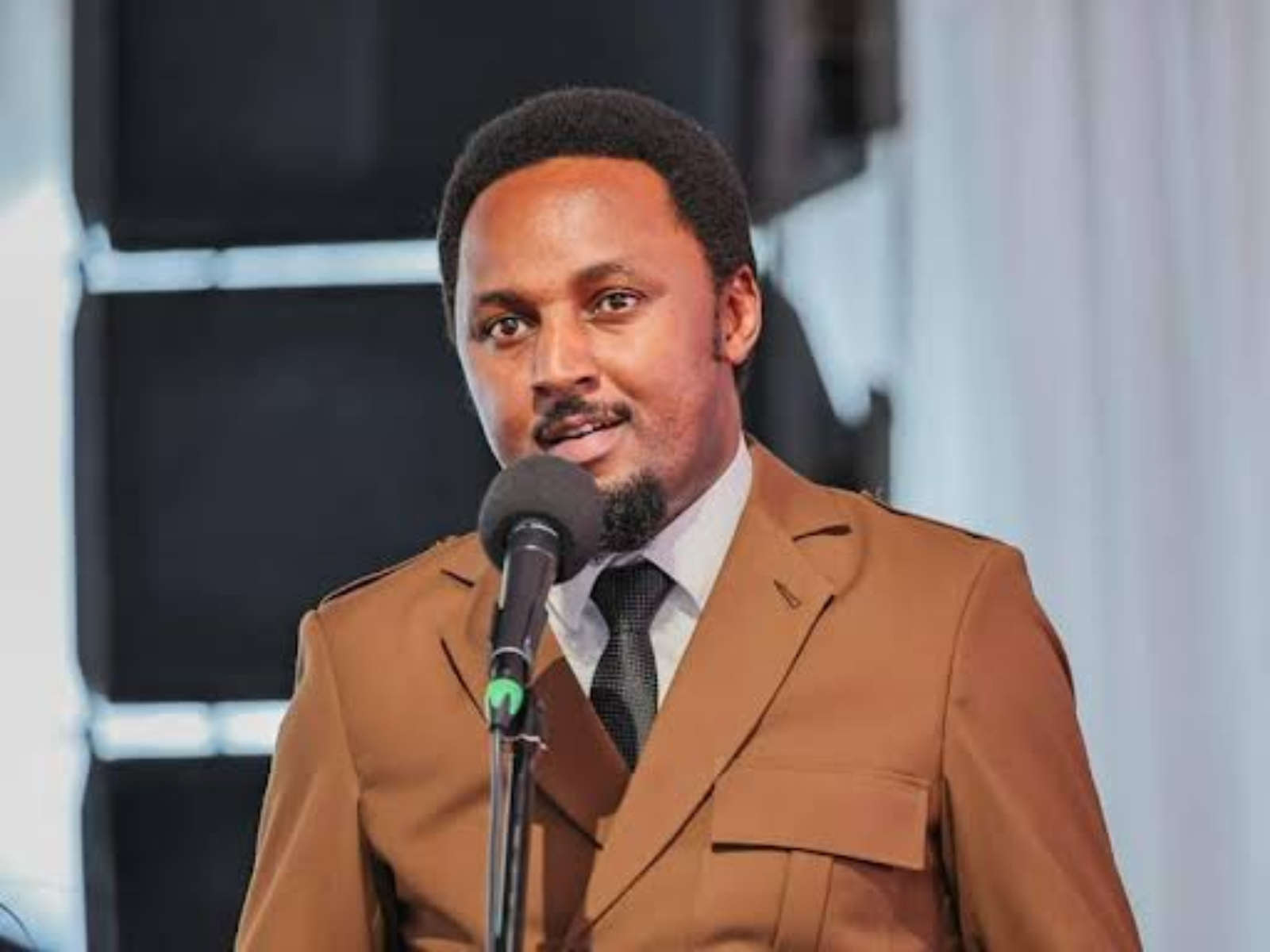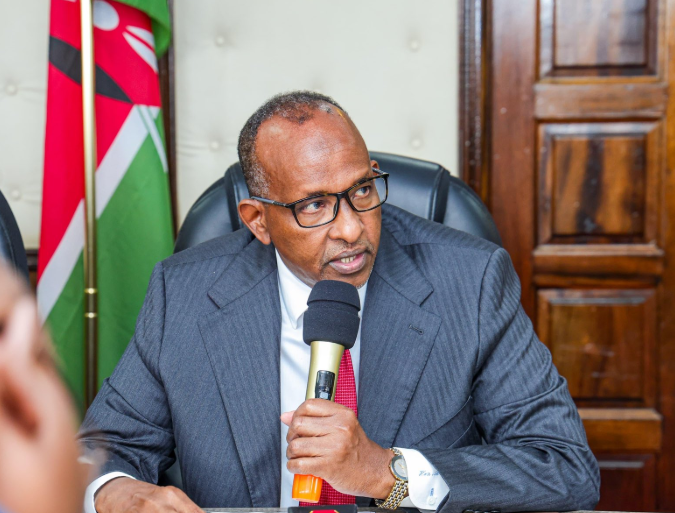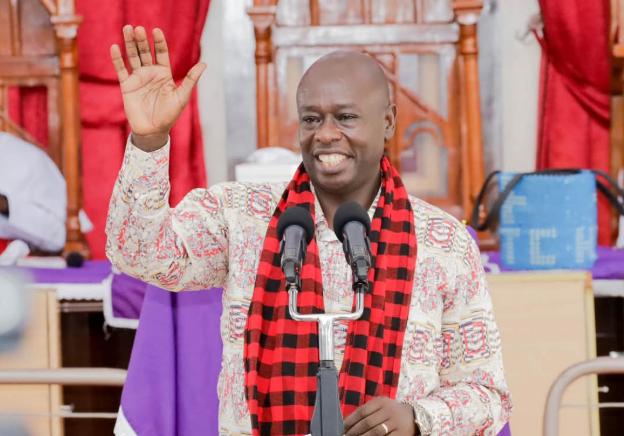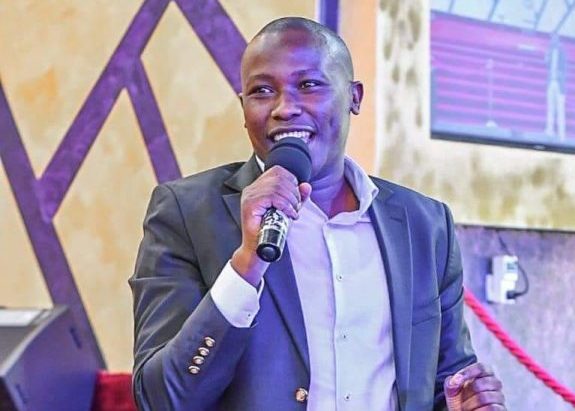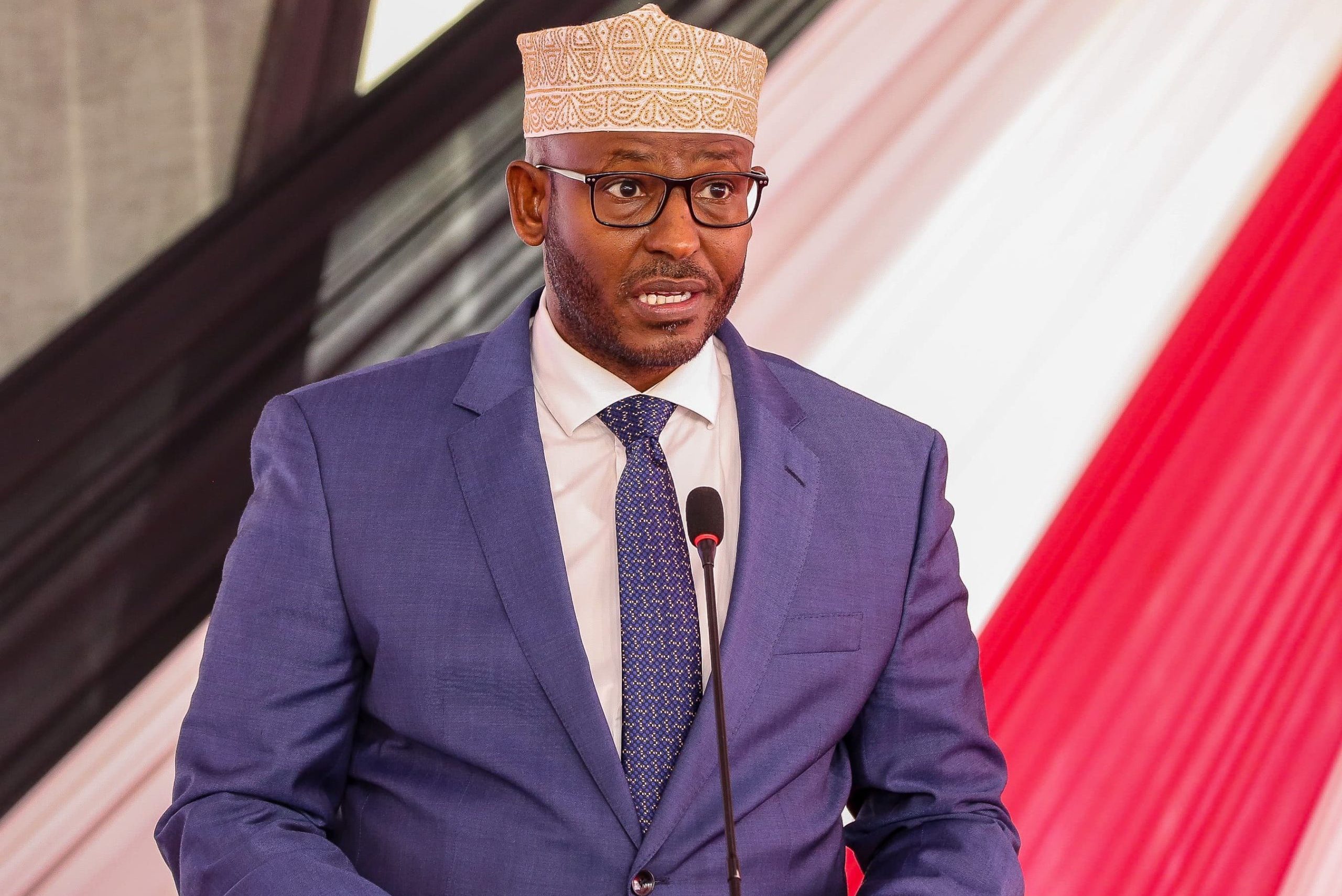Muhoozi to security agencies: Arrest on the spot opposition groups dressed in military fatigue
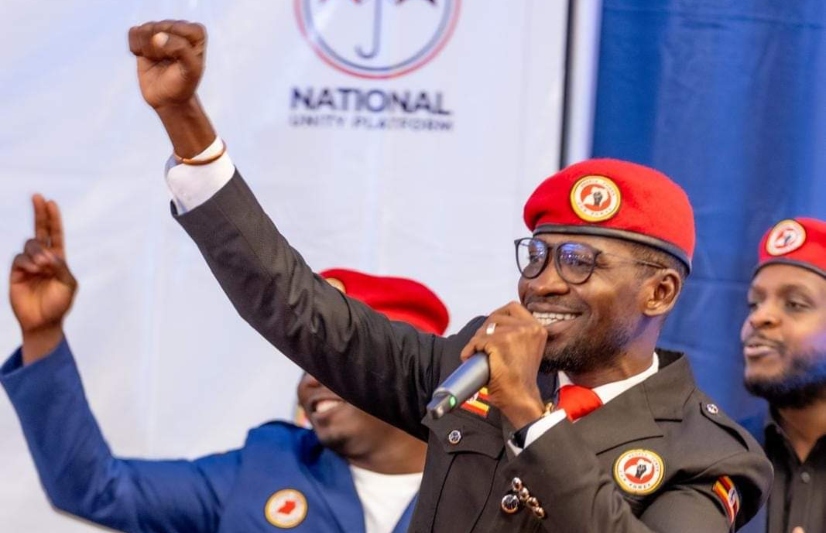
In a striking directive, General Muhoozi Kainerugaba, son of Ugandan President Yoweri Museveni, head of the Uganda People’s Defence Forces (UPDF), and a key figure in the country’s political landscape, has ordered security agencies to arrest members of opposition groups found wearing attire resembling military uniforms.
Taking to X (formerly Twitter) on January 16, 2025, Muhoozi issued the directive, singling out the National Unity Platform (NUP), the main opposition party led by Robert Kyagulanyi, also known as Bobi Wine.
“I give permission from TODAY for all security agencies to arrest on the spot any NUP or other opposition group wearing anything resembling a military uniform! And those who do not respect this order…have their own problems,” Muhoozi posted.
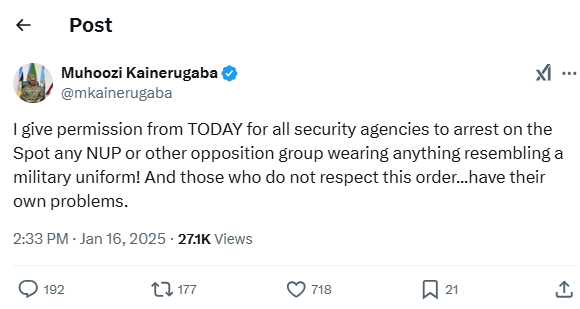
A growing conflict over military symbolism
The directive has ignited fresh tensions in Uganda’s polarized political climate.
The NUP has long used red berets and similar attire as symbols of resistance, a practice the government has frequently decried as an attempt to undermine state authority.
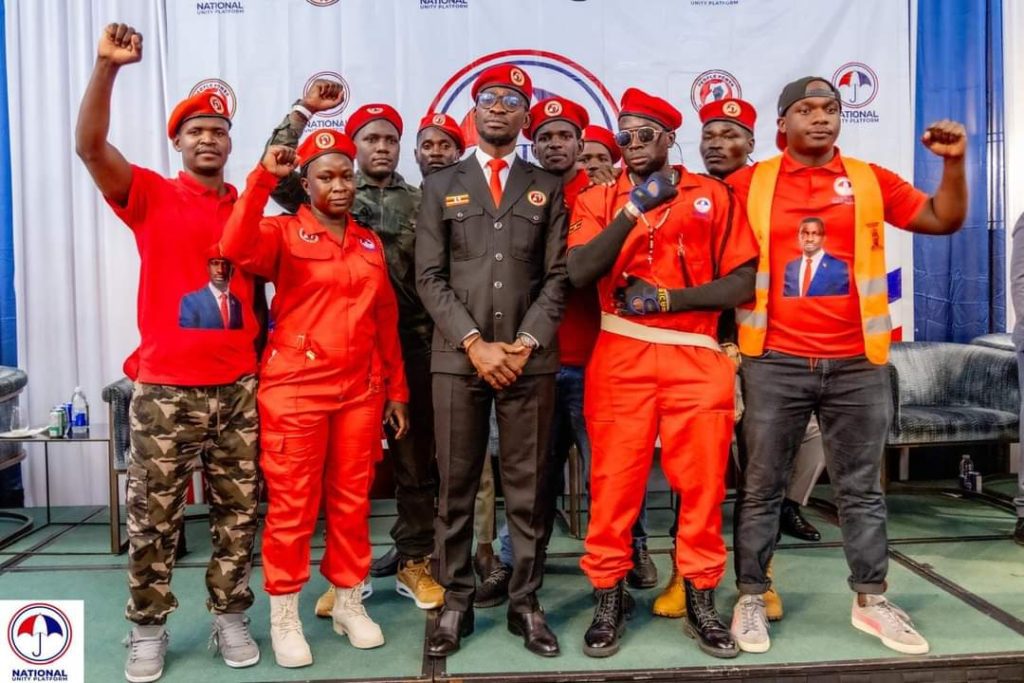
In 2019, the Ugandan government designated red berets as official military wear, making their unauthorized use a criminal offence.
The law was seen by critics as a targeted move to stifle the opposition, particularly the NUP, whose supporters widely adopted red berets as a signature look.
Opposition response
NUP leaders have yet to respond to Muhoozi’s latest directive, but past actions against the party’s use of military-style attire have drawn accusations of authoritarianism.
Bobi Wine has consistently condemned what he describes as state-sponsored repression against his supporters and the broader opposition.
International observers have also raised concerns about Uganda’s shrinking political space.
Human rights groups have accused the government of using security agencies to intimidate opposition voices, stifling dissent in a country with a long history of contested elections and political unrest.
Security Agencies in focus
Muhoozi’s directive underscores the prominent role Uganda’s security forces play in the country’s governance.
The military and police have been central to maintaining President Museveni’s nearly four-decade rule, often accused of employing heavy-handed tactics against opposition groups.
As tensions escalate, all eyes will be on how security agencies enforce Muhoozi’s order and the potential repercussions for Uganda’s fragile democracy.
The crackdown on opposition symbolism serves as another reminder of the high stakes in Uganda’s political arena, where battles over attire have become proxies for broader struggles over freedom and authority ahead of the January 2026 general elections.
Author
Martin Oduor
The alchemist of literary works - a master wordsmith with a proven record of transforming the raw materials of language into a rich tapestry of emotion, thought, and imagination.
View all posts by Martin Oduor